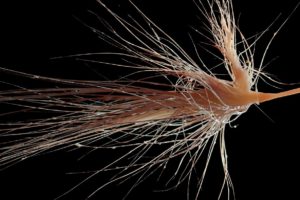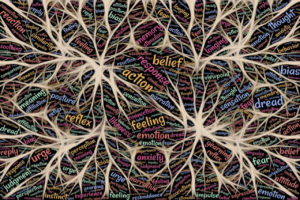Since the start of the pandemic people have found creative ways to connect to their community through the power of song — from Italians singing on their balconies to the global spasm of Youtube vocalists. Why? Because music is medicine, and its power — and many benefits — come from something called resonance.




